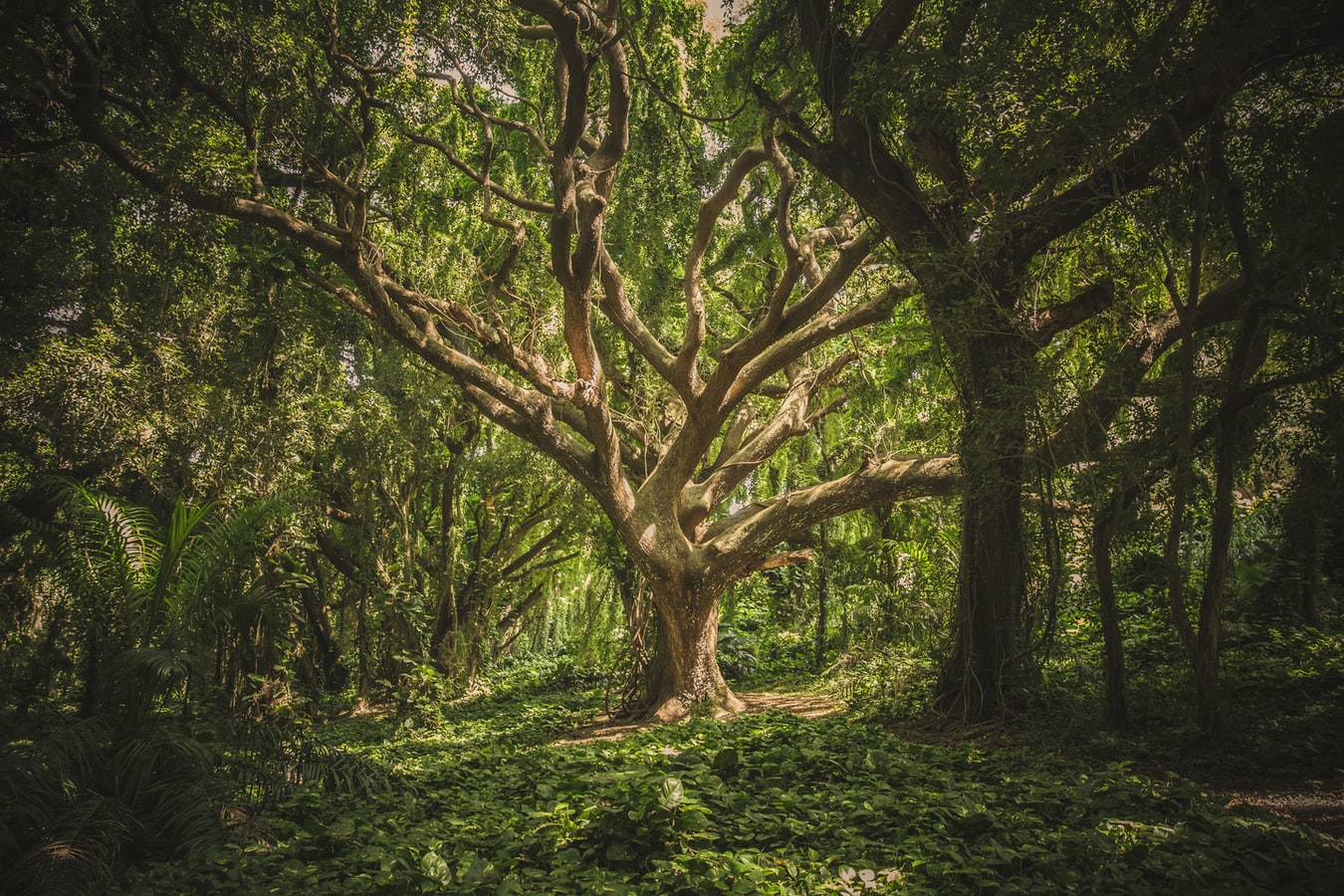Opinions Vs. Beliefs and Stewardship of the Earth: The Forum

Q: What causes some people to hear things contrary to their opinion and think, "Maybe I have something to learn, even if I don't agree," while others think, "How dare you challenge my belief system?"
As conscientious, Bible-believing Christians we ardently attempt to be true to our convictions and are repulsed by folks who seem to have "backbones made of linguini." Though this seems noble on the surface, if we're not cautious, we can lapse into unwillingness to even dialogue with those having opposing viewpoints. The result: We can become sealed off from a healthy, necessary give-and-take. Even our Lord had interactions with persons of opposing views, such as the woman at Jacob's well, the demon-possessed man at Gadara, and doubting Thomas.
The ability and desire to dialogue, with the intent of learning about other perspectives, is essential in our quest for biblical humility and effective witness. To be otherwise is to appear arrogant, rigid, and stubborn. Why? It betrays a know-it-all demeanor that negates most everything else of value that we might declare—no matter how true.
Social psychologists contend that our natural bent is in the direction of defensiveness. We wish to believe that we're the "VOA" (voice-of-authority) and, as a result, our focus is very selective. In short, we cue in to facts that support our biases, and tune out those that might undercut the same. We adjust our perceptions to our preconceptions rather than to reality. Realizing this gives us added reason to be tentative in our conclusions, except for basic principles that are consistently and plainly articulated in God's Word, such as the divinity of Jesus, the plan of salvation, and the intimacy of God's care and concern for us.
Lee Edward Travis, former dean of the Graduate School of Psychology at Fuller Seminary, wisely declared: "If we want to manage the problems and challenges of life, and manage them exceedingly well, we will make sure our hearts and minds are open every day." He went on to state that when we think we've developed a full understanding of something, we risk shutting ourselves off from a new aspect or angle that might considerably enrich our understanding and improve our lives.
The future belongs to people who remain open, flexible, and teachable.
Of all human resources, we might consider most precious the desire to improve. The writer of Proverbs says it well: "Intelligent people are always ready to learn. Their ears are open for knowledge" (18:15, NLT). If God's truth is really "written on the tablets of our hearts," we are well advised to confidently and eagerly dialogue with persons who we might help (Proverbs 7:2-3). Or, as unlikely as it may seem, folks who might actually contribute greatly to us.
—jj
Q: In the church, we often speak of stewardship yet overlook stewardship of the earth. Why is that?
That's a good question, and there probably isn't a simple answer.
Genesis 1 identifies humanity's responsibility for stewardship of creation. Romans 8:18-22 tells us that all of creation awaits the coming Redemption. It might seem obvious that we have a special responsibility in creation care. So, why is little attention given to stewardship of creation?
Part of the answer is tied to how we see creation in God's plan of redemption. Eschatology is the understanding of the "last things" or the end. If we understand that this created order will simply be destroyed and cast off in the end, there is little motivation to care for it. It is simply something we use temporarily. Redemption is about going somewhere else.
But the coming of the Kingdom is the breaking in of God's new creation. The world to come has already begun. Our renewal begins now, in Christ. And so may the renewal of a creation groaning from the effects of sin.
Holiness is the radical reordering of a disordered creation under the Lordship of Christ. It is the establishment of His rule, the realization of His life-giving Lordship.
We are called to imitate Jesus and to anticipate his return. We are not here to perfect the creation. That is the role of Jesus in ushering in the new creation. Rather, we are here to be guardians of the creation. We are here to participate in leading others to salvation and producing a common welfare for all. This includes a stewardship of creation. We are not here to deteriorate creation, but rather as stewards to provide better conditions for life on earth.
How this occurs will vary depending on our culture. There is a psychological impact to living in a society that disposes, replaces, and upgrades so frequently. Industrialized societies have become very good at creating artificial environments, thus removing us from natural surroundings. It only takes one succeeding generation to remove the knowledge needed to live in balance with the environment. For instance, with the advent of mass production and processing, we now generate a lot of disposable product. We all take garbage pick-up for granted. But think about what happens to all the disposable waste we generate. Thinking about that kind of question—and acting in response—is part of being a faithful steward.
The Kingdom breaks in when persons are brought into obedient relationship with Christ. The Kingdom breaks in when communities are renewed, showing the qualities and values of the life of Christ. The Kingdom breaks in when Christians exercise faithful stewardship of a broken creation. Stewardship of the earth is a characteristic of God's Kingdom.
—cl, bs
Holiness Today , January/February 2007
Please note: This article was originally published in 2007. All facts, figures, and titles were accurate to the best of our knowledge at that time but may have since changed.




